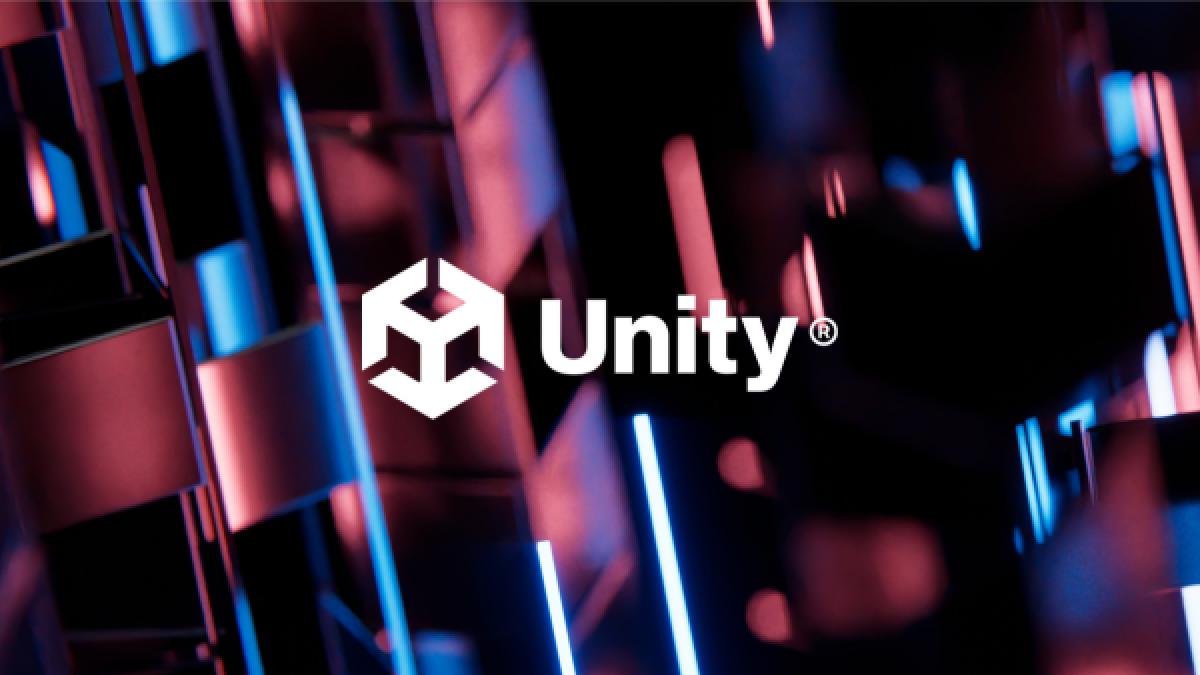- cross-posted to:
- piracy@lemmy.dbzer0.com
- technews@radiation.party
- cross-posted to:
- piracy@lemmy.dbzer0.com
- technews@radiation.party
$0.20 per install when you’re over the threshold… Yikes
For a game engine that does all the hard work? Why is this unreasonable. Have you any idea how much work goes into Unity?
Unity already has a business model, it’s licensed to the developers. That’s how they have operated for years. This change is retroactive and frankly dangerous.
Retroactive pricing seems like bullshit to me, but since devs are up in arms it must be legal somehow.
It’s retroactive and it’s not based on sales, it’s based on installs. So for example, I purchase a game on steam and I own a PC, a steam deck, and I have a kid with a PC. That’s 3x the fees for one sale even though I can only play it on one device at a time. Maybe I get bored of the game and uninstall it. A year later I want to play it again, there’s a new fee for the same sale and PC that unity gets.
From what I understand there is also a risk that pirated copies could count. It’s hard to see how Unity can effectively defend against it.
It’s clear that they haven’t bothered to actually think any of this through.
Or they have but the potential profit outweighs potential negative PR.
Now imagine someone makes a program that repeatedly installs and uninstalls the game. They let this program run all day every day. They also give the program to their friends or post it online.
Unity says they have measures against this, but that then smells of spyware. How would they know how many times a game has been installed without that?
Unity may say they have a solution to that too, but no matter the implementation, bad actors will find a way to exploit it.
Yes, unity costs money to develop and a fee is reasonable. But I think the are a few risks with this model.
How do they track installations? Metrics from steam and other platforms? Connecting to a license server at install time? Or maybe at runtime? I don’t know the answers but they all seem to have implications for users regarding privacy and/or offline gaming.
It’s also a variable fee to game developers. A single user can install a game on multiple devices despite buying the game once. Similarly, a game can be installed repeatedly over time. This is a financial risk to game development companies. I could see them mitigating this risk in several ways. First, they can pass the fee to the end user. So every install costs the user $0.20. Secondly, they can limit the number of installs per user. You want to install more than 5 times ever? Buy the game again! Thirdly, they could simply shut down the download service after a certain amount of time, making new installations impossible. None of this is good for a gamers.
And what happens to games made by companies that shut down entirely? Today, games remain available through steam, etc. But with this new pricing model, Unity based games will continue to cost money over time. Who pays the bill after the company is gone? This reminds me of Worlds Adrift, a game that used a licensed library. When the developer company shutdown, they were unable to release their server source code because the third party couldn’t can’t send bills to the open source community. Thus, the servers were destroyed and running the client today (still vailable via steam!) just gives the user an error message about license issues or something. Users paid for a game that they are now unable to use.
Thanks for this. A lot of challenges for sure. I still don’t think it’s a bad business model per se and that these challenges can’t be addressed; I am sure they’ve thought of most of these challenges if not all. All business models are plagued with such challenges, but I think the worst thing about this one is simply that it is a departure from an old business model.
For a game engine that does all the hard work?
Tell me you’re not a developer without saying you’re not a developer.
only for the last 30 years
No. Please, enlighten me.
Them freeloading developers stealing the hard work of Unity.
A lot less work now that they’ve fired so many people and more are going to leave from forced RTO policy.
It deals with the problems that all games face and that have well established solutions.
I was just starting to learn Unity for a game I’ve been wanting to make for years. I don’t how I feel continuing with it knowing that at anytime they can pull shit like this.
Try Godot. It’s not exactly the same, but similar enough to let you switch relatively quickly.
IMPORTANT EDIT: I have learned that Unity is going to charge for games already released now. This is a scummy move. I have still not found info on whether devs will be back-charged, like suddenly a huge bill will show up for games which already have a million downloads and a lot of revenue. I was previously in tentative favor of this change only so long as:
- it would apply to newly-released games after the change (no longer valid)
- the first 200,000 installs would not be back-charged even after the change over (still unknown to me)
Scummy move, Unity.
ORIGINAL POST:
I’m seeing a couple pieces of misinformation in here so I just wanted to clarify:
- This applies to the free Unity and Unity Plus - the enterprise version has different thresholds.
- The fee will apply to games that have made $200,000 USD or more in the last 12 months AND have at least 200,000 per-game lifetime installs.
- Even then, the costs are different depending on which country you are in - “emerging market” is only $0.02 vs $0.20 for other countries.
Essentially it looks to me like you have to have made a significant amount of money already to be charged these fees - someone releasing a free game that goes viral won’t be charged. One thing I haven’t found is whether those first 200,000 installs will or won’t be back-charged. If the initial installs aren’t back-charged then I would consider this very reasonable, frankly, and cheaper than Unreal provided the game you release costs more than $4.00 (since Unreal takes a flat 5% of revenue I believe).
Unity does need to make money to be able to keep developing their engine, and right now as far as I understand it they aren’t making money.
Genuine question, are they not making money, or are they not making more money than they did last year? I just tend to hear that companies aren’t making money when all they really mean is that profits aren’t growing, but they’re still making a big profit.
I’m just looking at Wikipedia here but their net income in 2022 was US$ –921 million. Granted I’m not a financial wizard but I am at least somewhat confident that a negative number for net income is bad, like they’re not actually making money after their expenses.
deleted by creator
Thanks for taking the time to respond! Yeah that doesn’t sound good.















